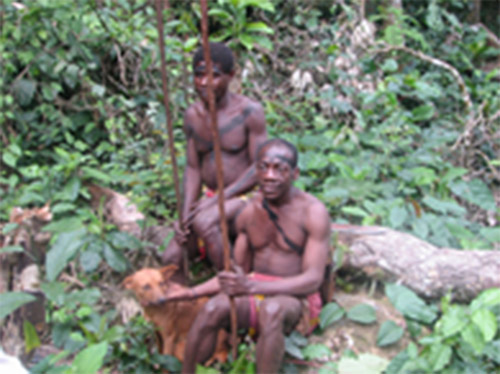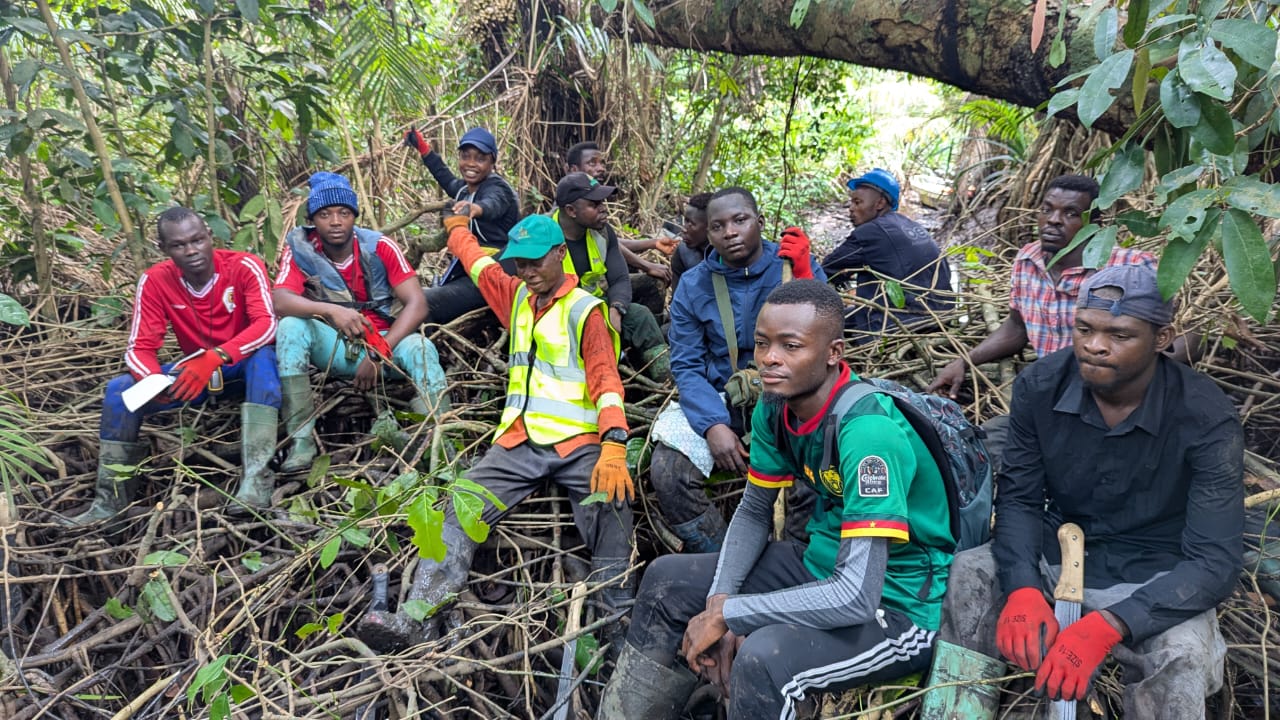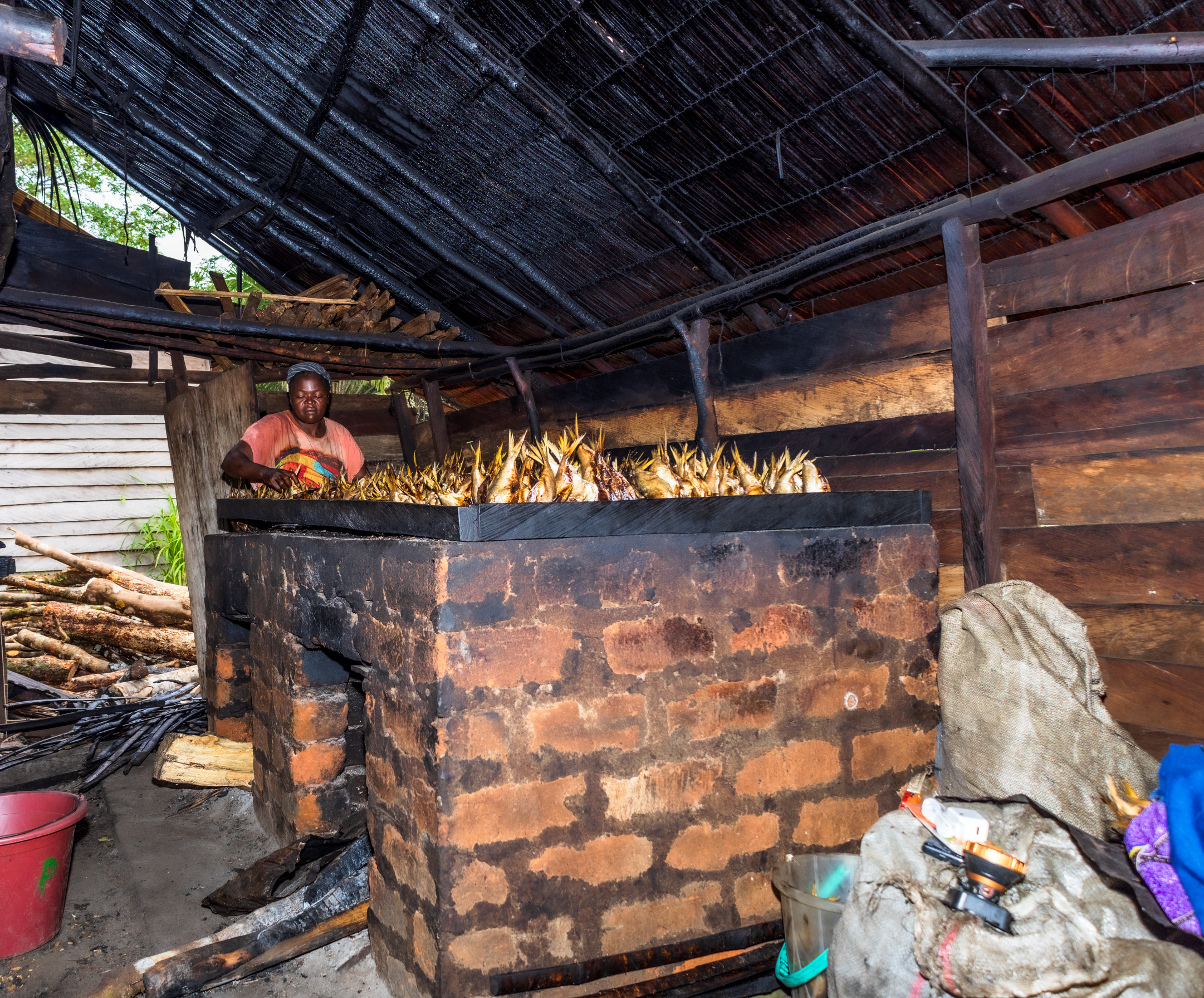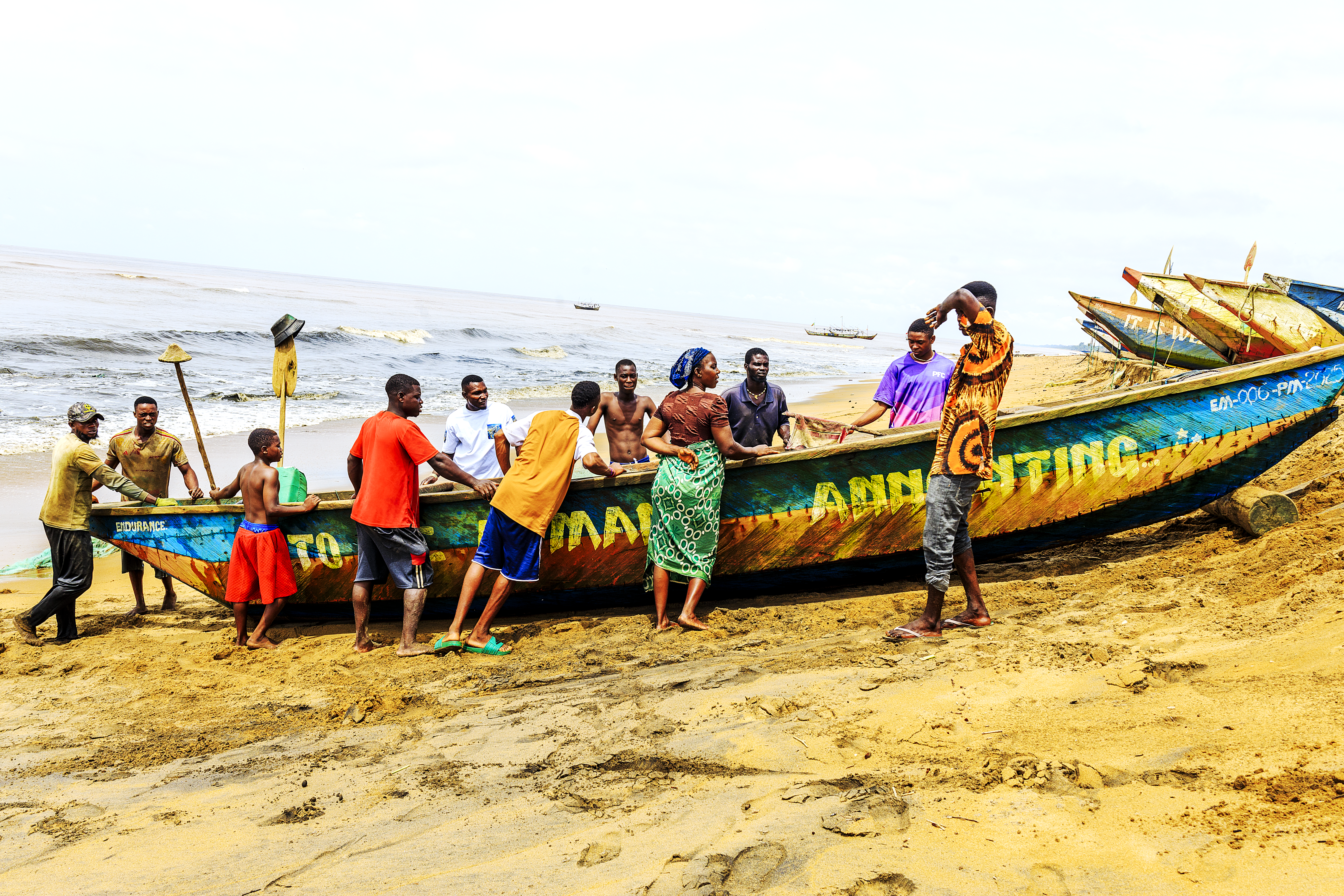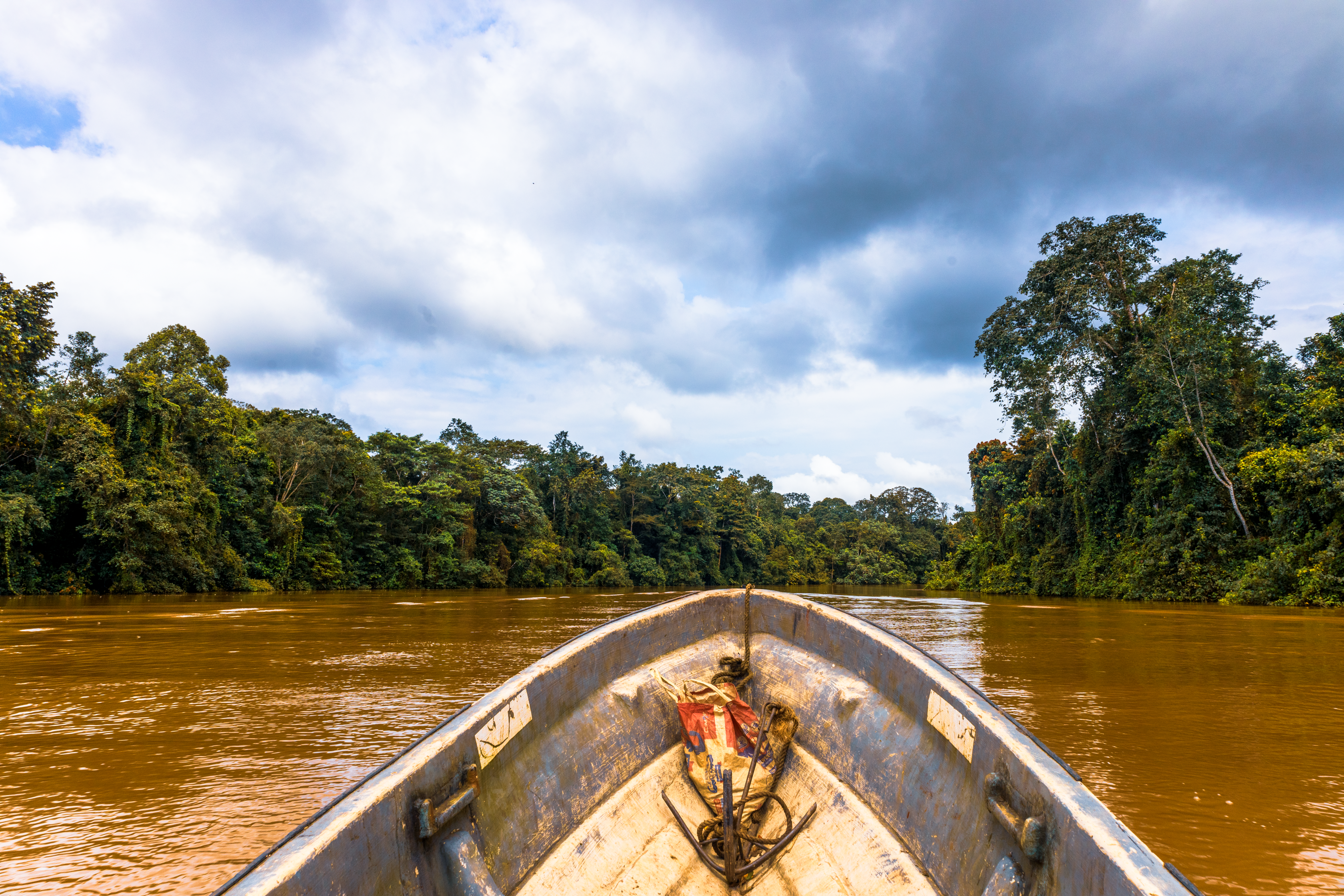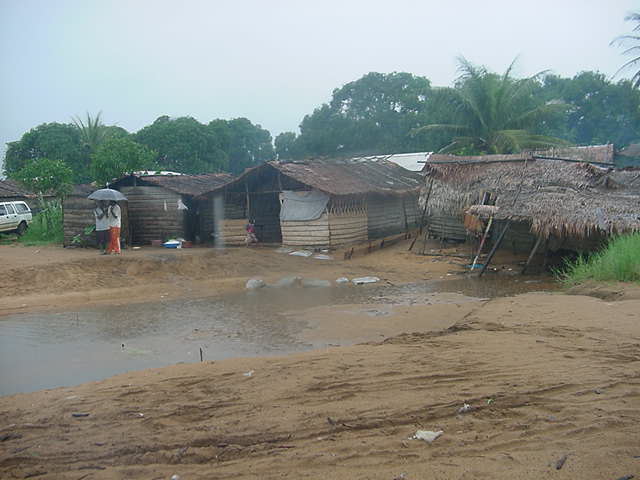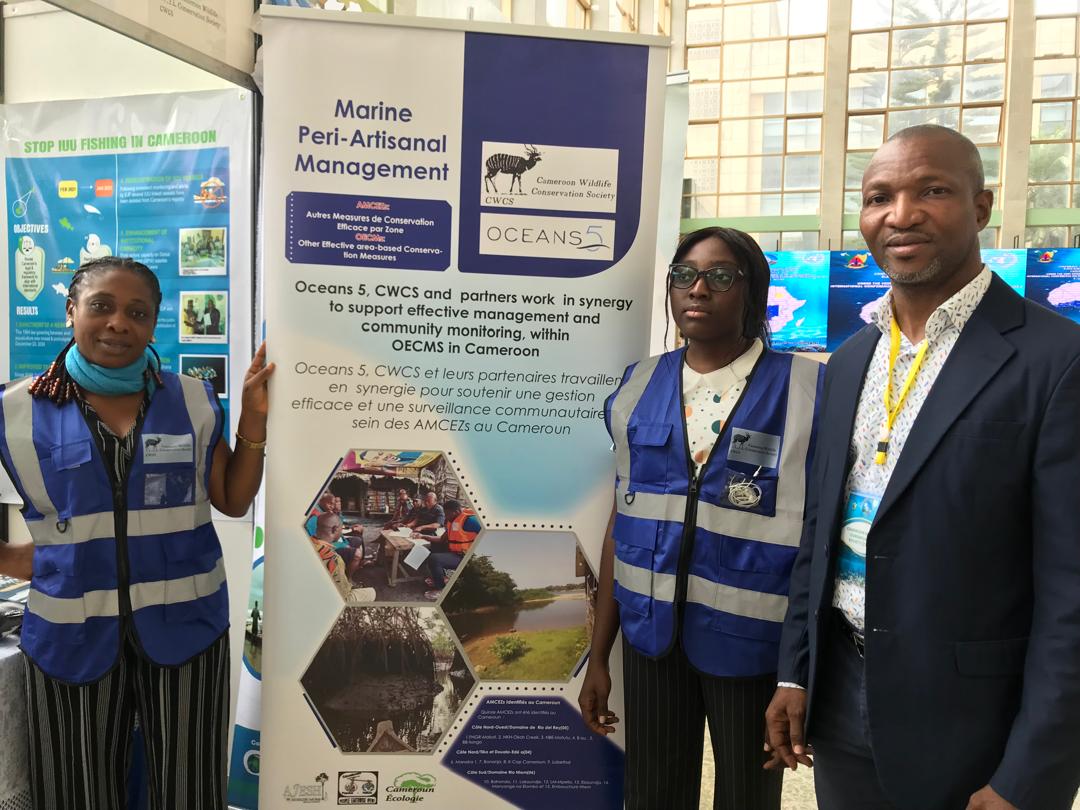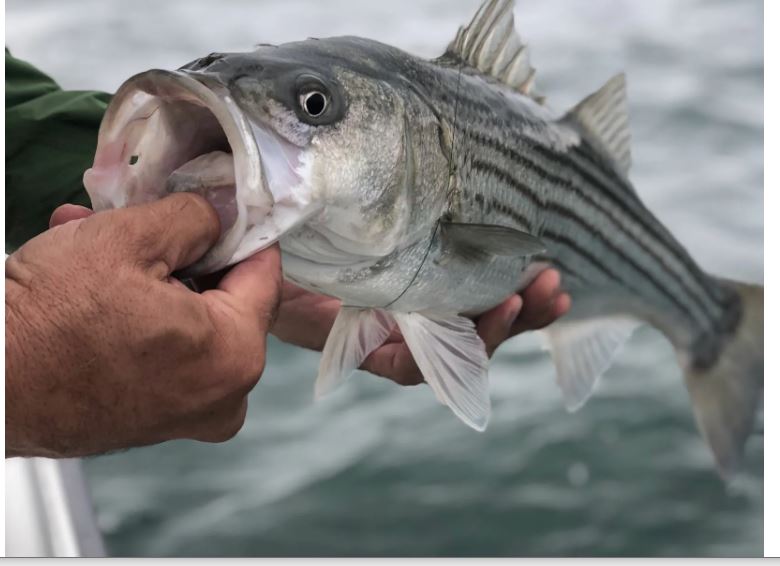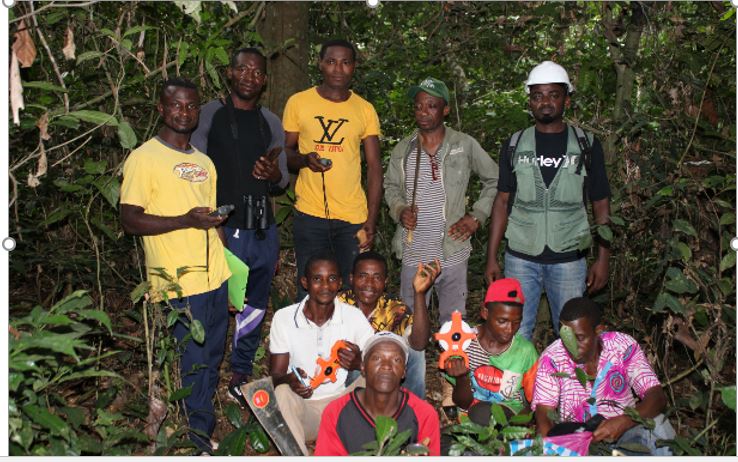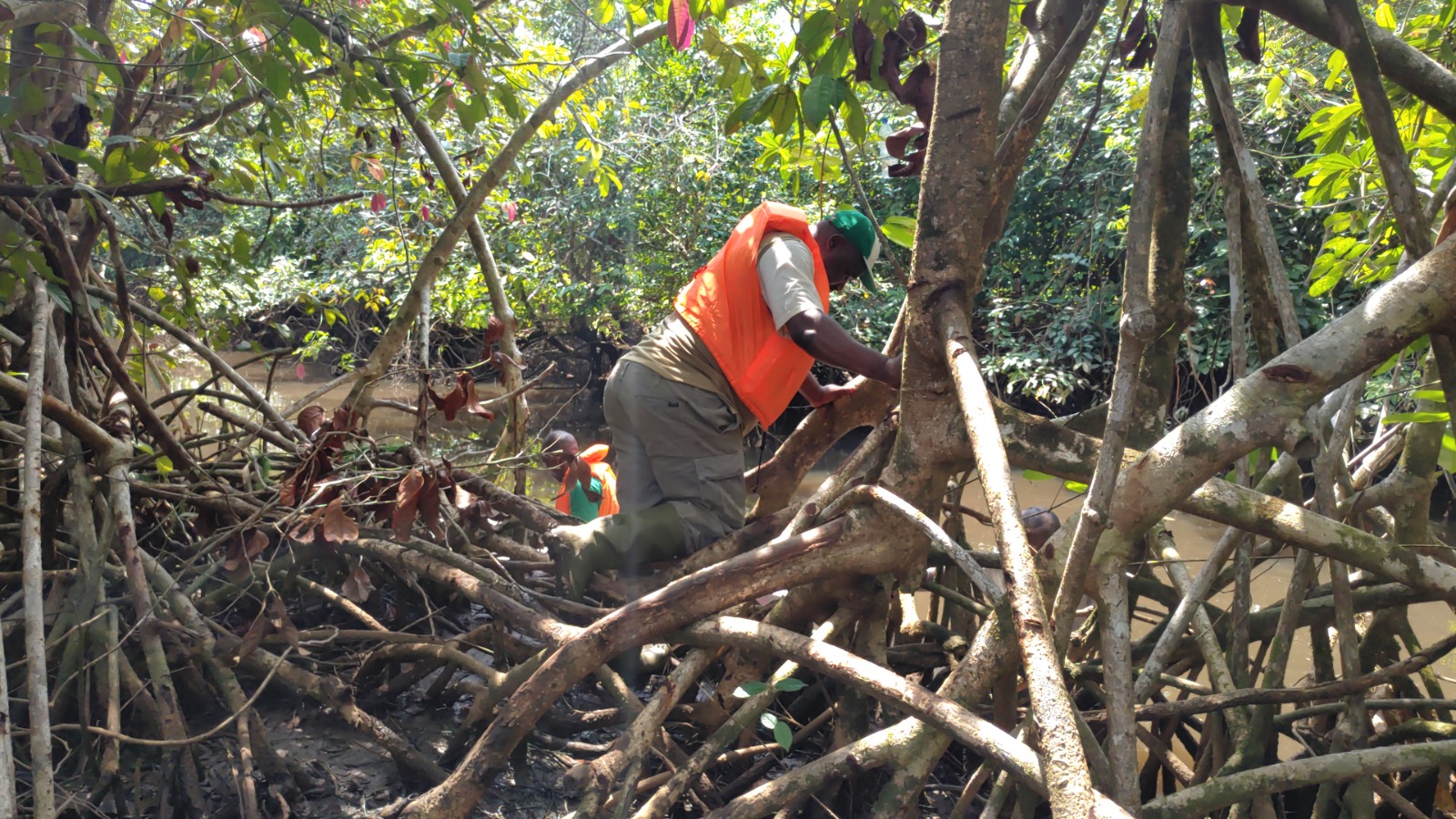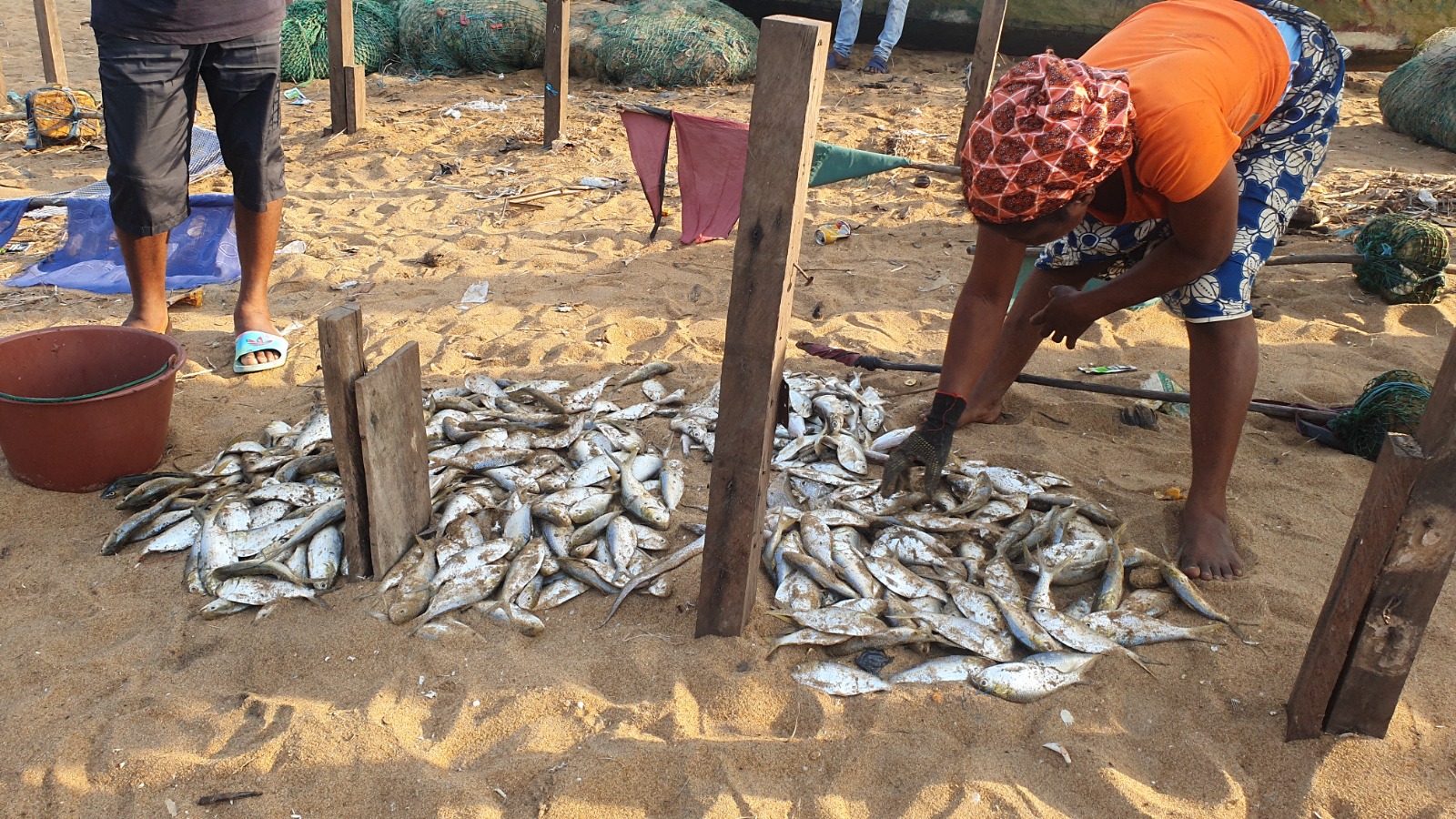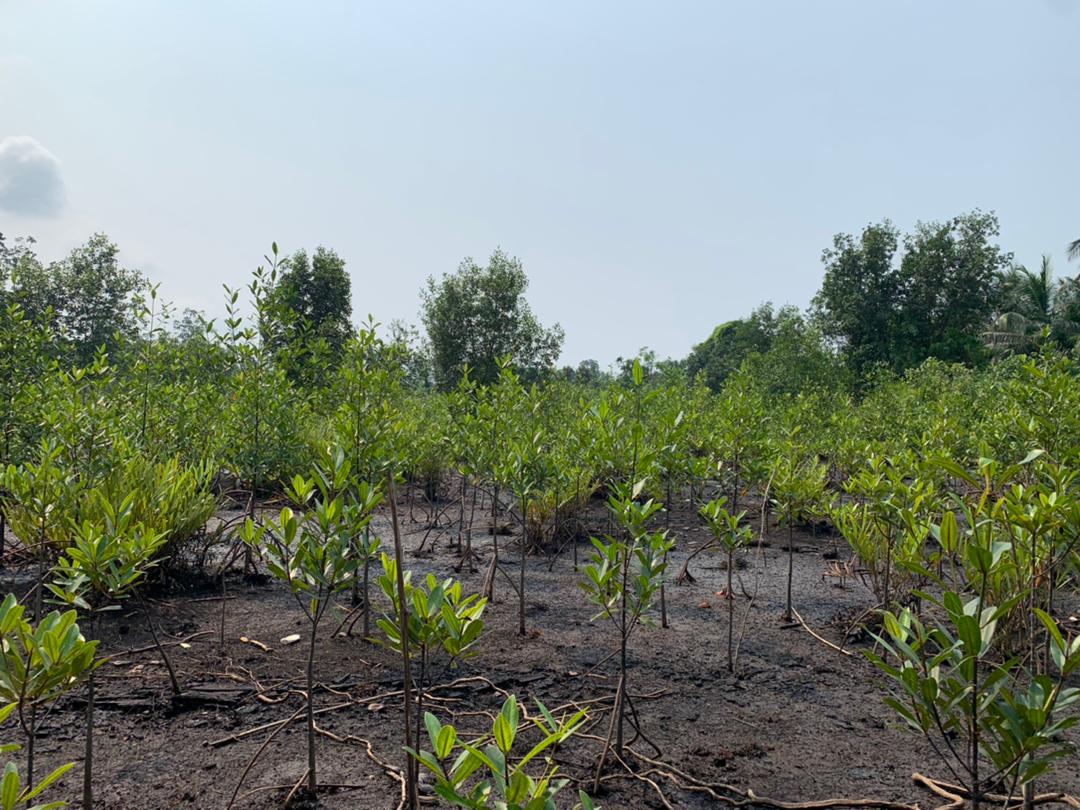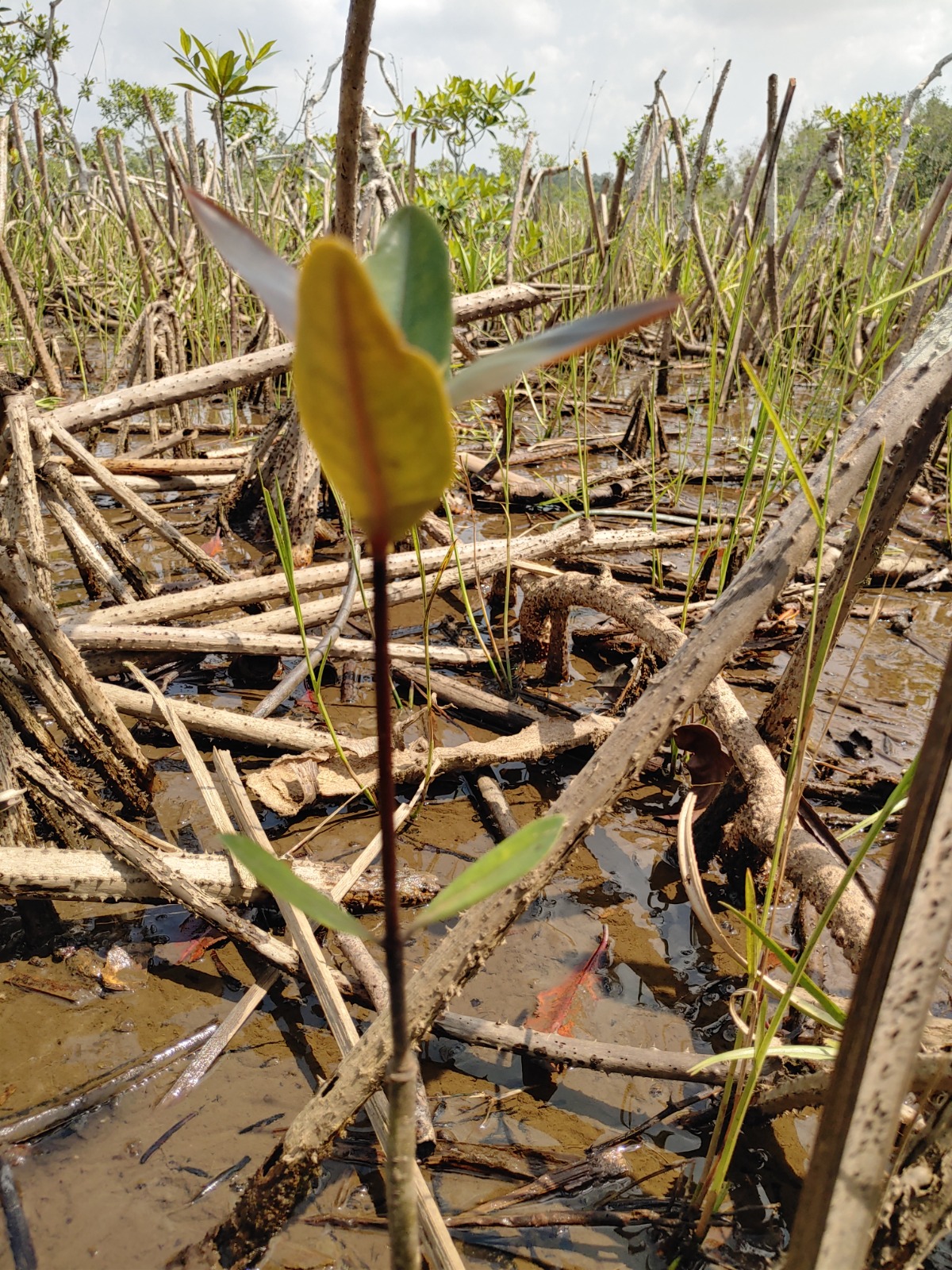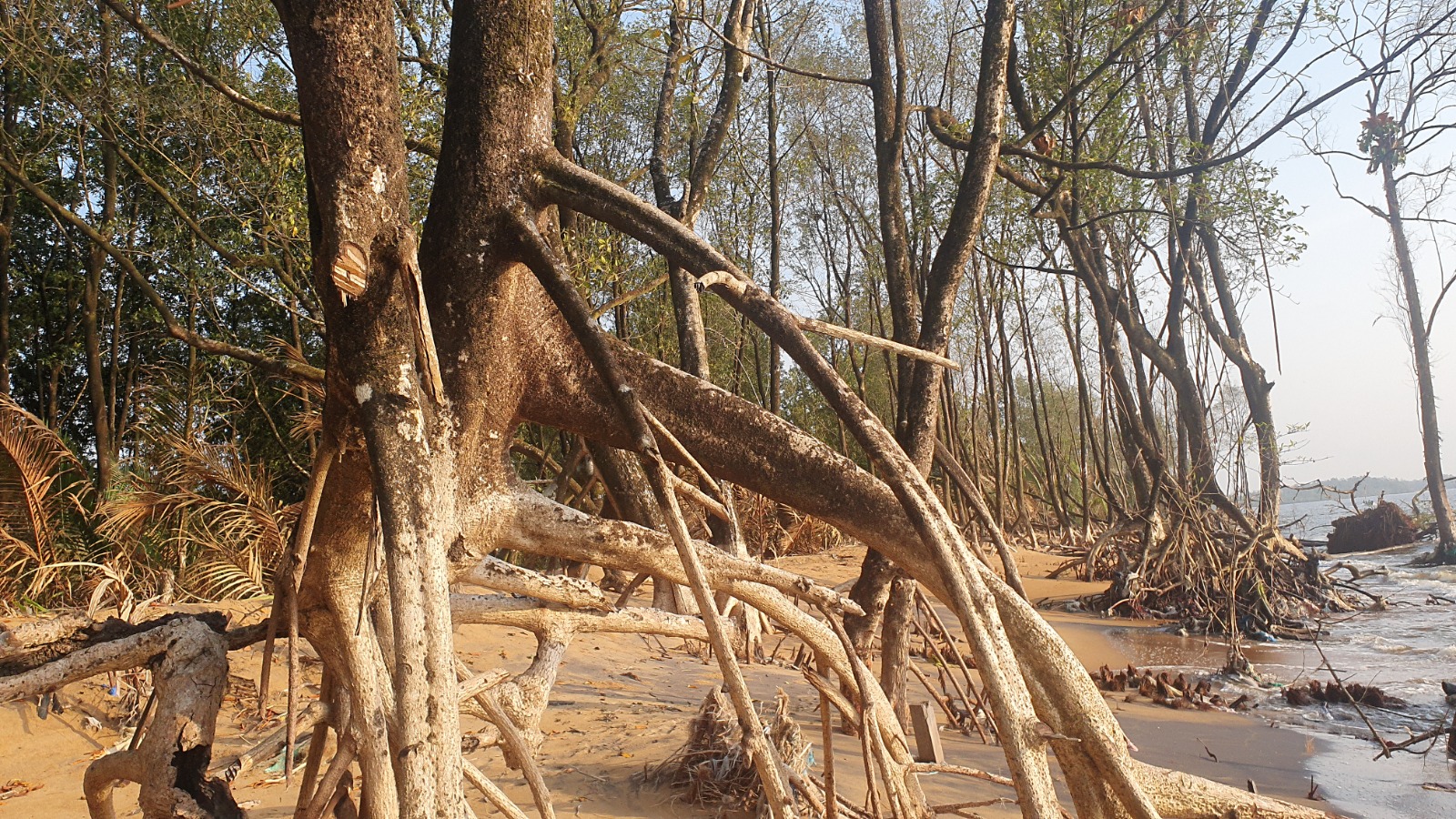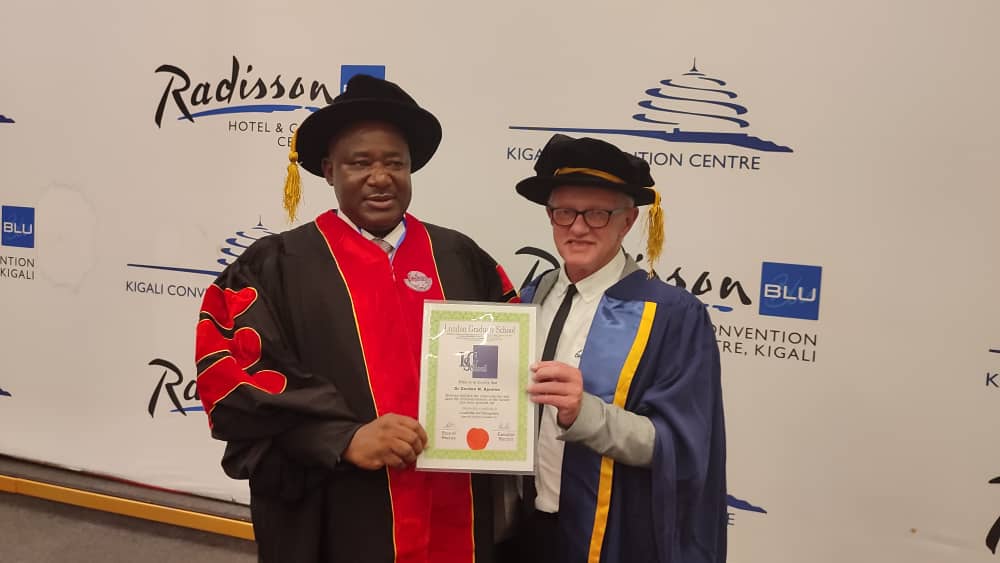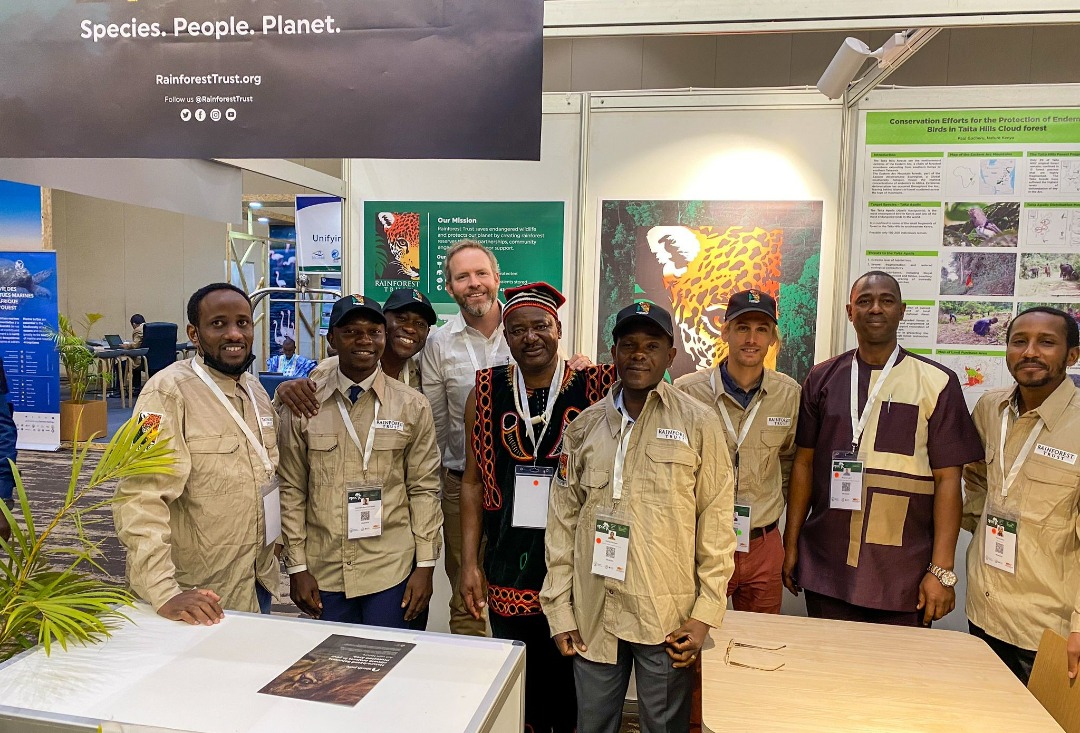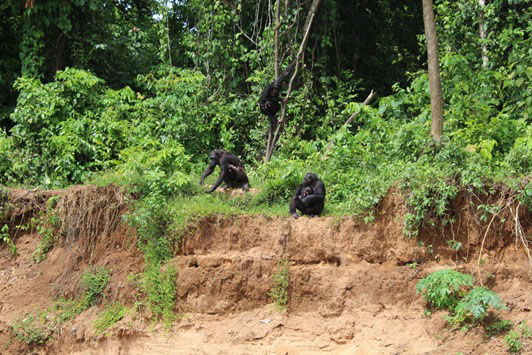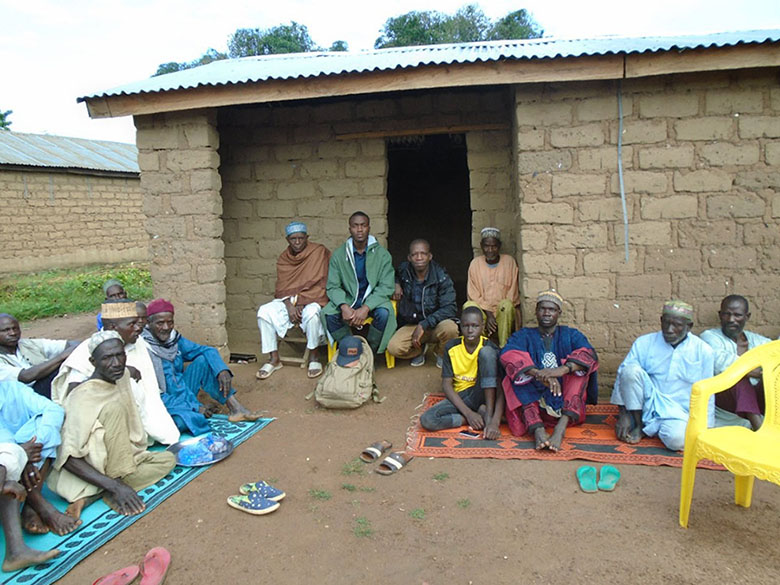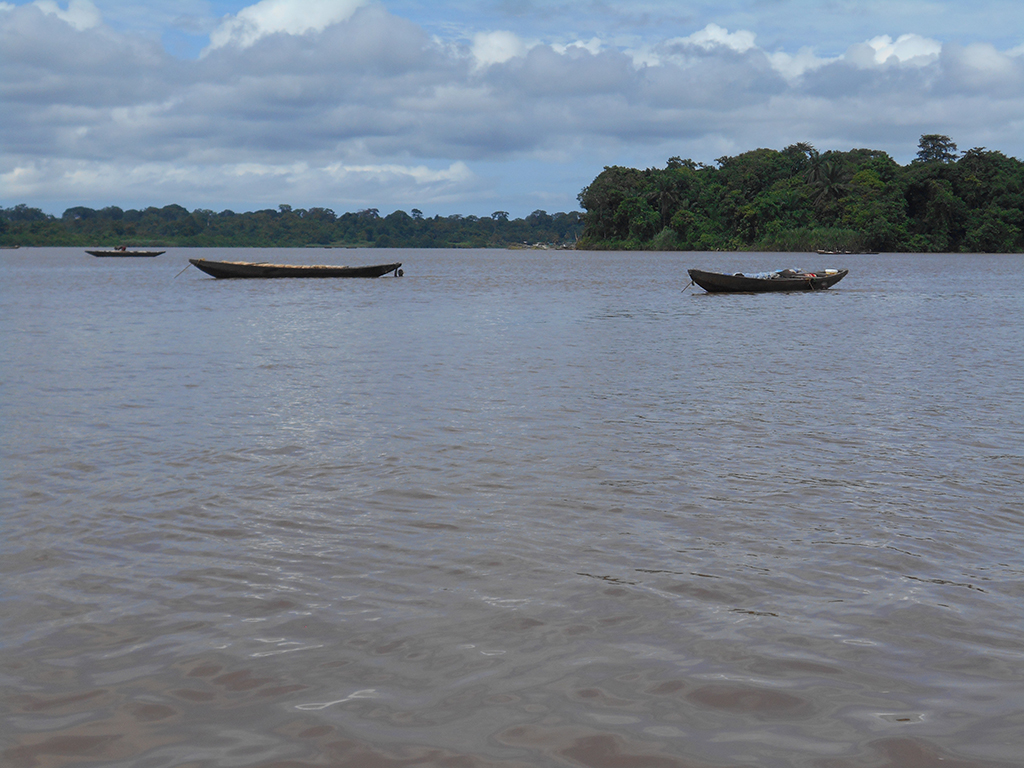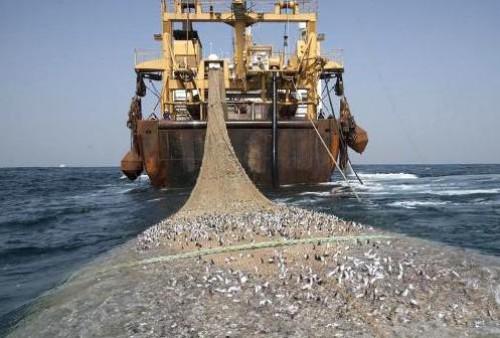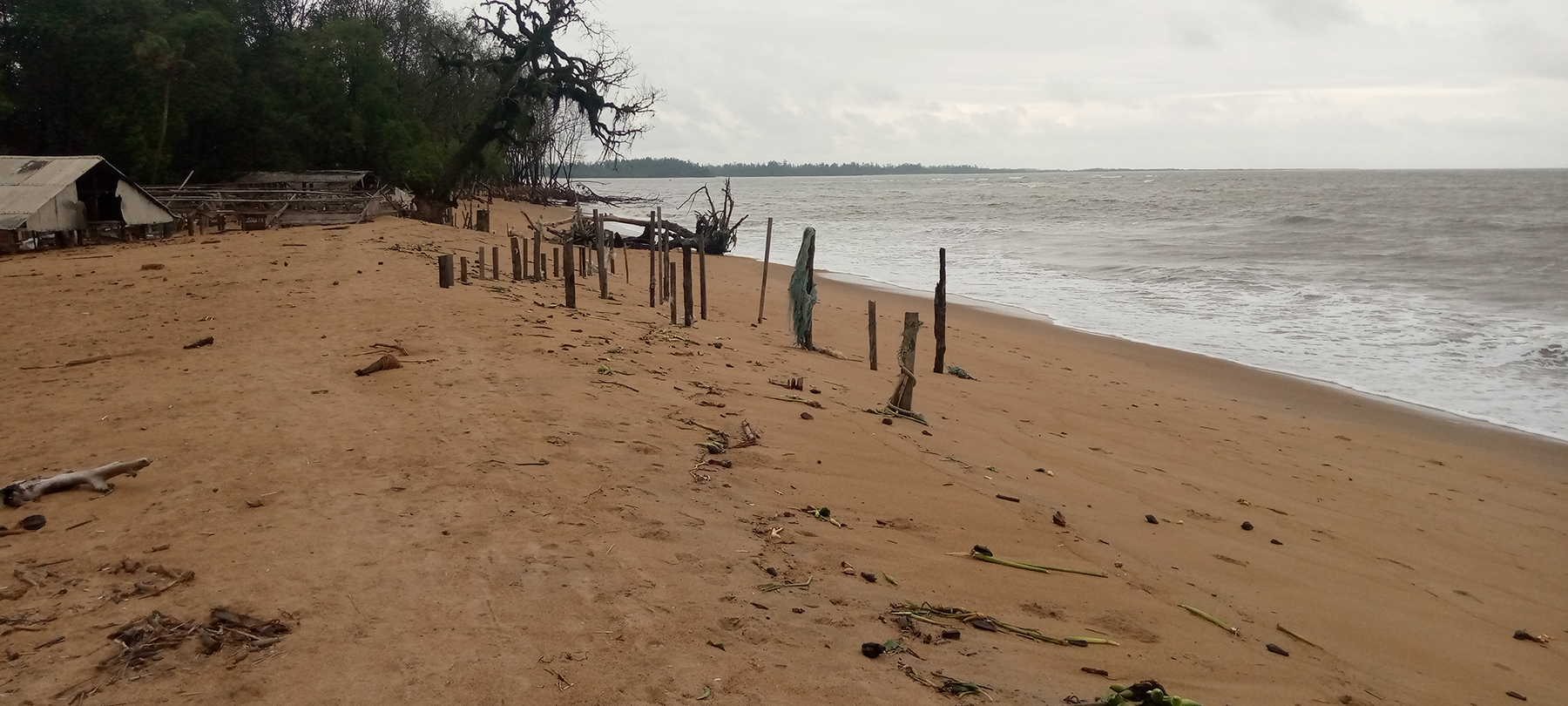The local population estimated at 15000 inhabitants, largely Bantus, is made of Bakoko and Batanga ethnic groups whose main occupations are fishing, agriculture and to some extent hunting. There is a small population of people from West Africa notably Nigeria, Mali and Togo predominantly fishermen.
Since its creation, the Cameroon Wildlife Conservation Society (CWCS), a national NGO, has been working with national park service, the local communities and other stakeholders to establish a co-management system within buffer zones surrounding the national park. Direct participation of indigenous and local communities (IPLCs) in natural resource management is critical for success of conservation and management of the national park. Co-management of natural resources can only be possible if the boundaries and rights of IPLCs are clear, decision making process is participatory and monitoring is done by those who are accountable for the resources. It is given these underlining principles that CWCS is working with local NGOs, community based organisations (CBOs), women associations and national park service to establish legally recognized collaborative frameworks aimed at promoting dialogue in natural resource management and recognition of the rights of IPLCs in decision making processes.
CWCS is providing technical and financial assistance to CBOs including women associations on income generating activities such as snail farming, harvesting and marketing of clams and other non-timber forest products. About USD$ 2500 is generated each year by various households from snail farming and USD$ 300,000 from clams’ (bivalve molluscs) trade. The communities also generate about USD$ 200,000/annum from fishing and market chain activities (fish processing, fuelwood, fish trade) Revenues generated contribute to improving household economies while some is used for community social projects in education and health such as drinking wells, school benches, medical supplies to health centre. Challenges Building co-management systems with participation of IPLCs is not an easy ride. The road is stormy with a lot of challenges in the process.
Some of these challenges include: weak enabling institutional environment to empower and support IPLCs participation in PA management, inadequate organisational and technical capacities of CBOs, absence of innovative management tools such as grievances mechanisms to monitor and report on human rights violations and natural resource conflict resolution mechanisms; improvements in legal provisions to enhance allocation for IPLC managed forest lands, gender mainstreaming and empowerment and recognition of rights of indigenous peoples Lessons learnt in co-management processes Some of the lessons learnt by CWCS in setting up co-management systems are political, institutional and managerial. They include but not limited to the following: mixed political perception and engagement of government, fragile and complex socio-cultural context, lack of strong customary management institutions and weak managerial capacities of communities to manage natural resources given existing texts.
